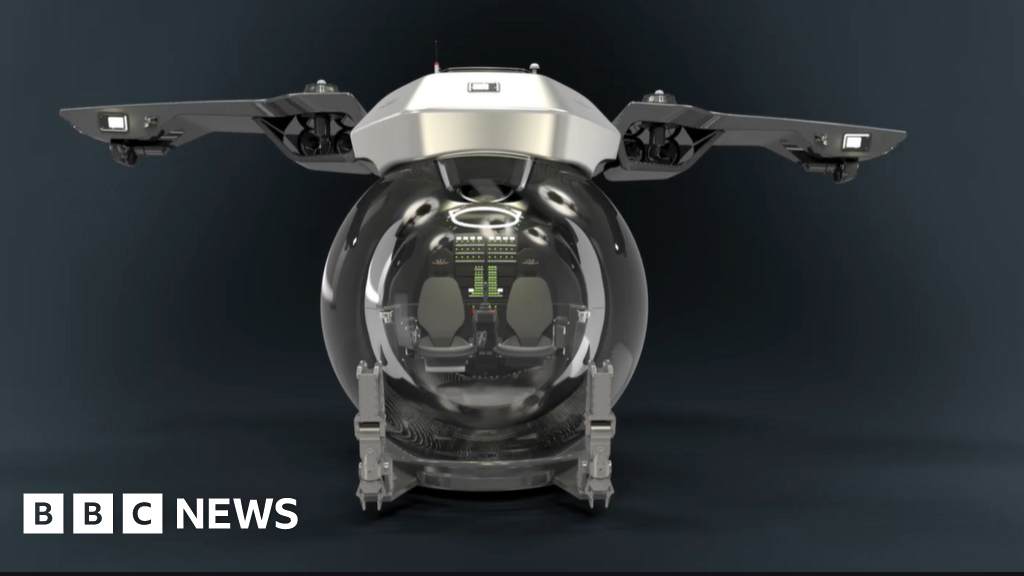Unlock the Editor’s Digest for free
Roula Khalaf, Editor of the FT, selects her favourite stories in this weekly newsletter.
Italy has said it will send soldiers across the country to hunt wild boar in an offensive intended to protect its €8.2bn prosciutto and sausage industry from swine fever.
The year-long deployment of 177 soldiers is part of Prime Minister Giorgia Meloni’s campaign to reduce Italy’s wild boar population by up to 80 per cent in five years in an attempt to prevent the spread of African swine fever.
An estimated 1mn to 1.5mn wild boars roam freely through Italy, where they have long been seen as a public nuisance, munching on the rubbish that accumulates on the peripheries of big cities such as Rome and rampaging though farmers’ fields. They are estimated to have caused about €120mn of damage in rural areas from 2015 to 2021, and are also blamed for causing numerous car accidents.
But the animals have become superspreaders of African swine fever, a highly contagious virus that was first detected on the Italian mainland in early 2022. The disease, which has a mortality rate of up to 100 per cent in pigs, has alarmed officials and food executives in places such as Parma, the northern city that is the hub of Italy’s renowned cured ham industry.
Last September, Italy culled about 34,000 domestic pigs in the northern Lombardy region in an effort to extinguish one of its worst swine fever outbreaks since the 1960s.
The military deployment was approved by the cabinet late on Monday as part of a package of measures to protect Italian agriculture and its culinary heritage. The wide-ranging decree also includes steps to tackle an invasion of non-native blue crabs threatening Italian clams — an ingredient for the much-loved pasta vongole dish.
Swine fever “threatens production chains, not only pig farms” and raises the spectre of “thousands and thousands of pigs being slaughtered”, said agriculture minister Francesco Lollobrigida.
“We are intervening firmly . . . to counter a health problem that can become an economic and social problem.”
Davide Calderone, director of Assica — an association of meat and cured products manufacturers — welcomed the military’s involvement, saying wild boars had “proliferated excessively”, jeopardising the industry.
“There is a big problem here that puts a big supply chain at risk, and it’s right to use all means to contain and eradicate it,” Calderone said on Tuesday. “It’s not like you are going to see the military shooting wildly. It’s all co-ordinated and competently done.”
But Legambiente, one of Italy’s biggest environmental organisations, criticised the move. Stefano Raimondi, the group’s director of biodiversity, said the involvement of the armed forces as a misguided “populist approach” to a complex problem.
“Wild boars are adaptable animals, so when there are not good policies for managing rubbish and garbage in the streets, it’s easy for them to thrive in the city,” Raimondo said.
He also warned that the sight of armed soldiers roaming around on the hunt for wild boar would unsettle Italians and tourists.
“The military is not the solution,” he said. “They want to seem strong and very decisive but the only consequence will be to create a sense of insecurity and war in the city.”
Wild boars were nearly extinct in Italy by the end of the 19th century, but were reintroduced into the country — imported from eastern Europe in the 1950s to meet demand from hunters. But the wild boar population has surged as tougher restrictions have been imposed on hunting.
Though swine fever poses no direct health threat to humans, it is highly transmissible among pigs and can survive for a long time, not just in animals or infected meat, but also on clothes, boots, car tyres and other places outside its animal hosts. No vaccine exists to control its spread.
Italy’s pork industry — including prosciutto, cured sausage products and other delicacies — generates about €8.2bn a year in sales, according to official statistics. The country is home to roughly 8.7mn domestic pigs. Nearly 50,000 people are employed in the industry, in roles ranging from breeding and rearing pigs to processing meat.
But many countries have restricted Italian pork imports over the past two years because of concerns about the spread of the virus. Canada was the latest to impose a ban on cured meats from Parma last month.
Italy is not the first country to enlist the armed forces to battle the swine fever threat in wild boars. In 2019, France dispatched soldiers to its border with Belgium to prevent infected wild boars from entering its territory.
Additional reporting by Giuliana Ricozzi

Emily Foster is a globe-trotting journalist based in the UK. Her articles offer readers a global perspective on international events, exploring complex geopolitical issues and providing a nuanced view of the world’s most pressing challenges.








